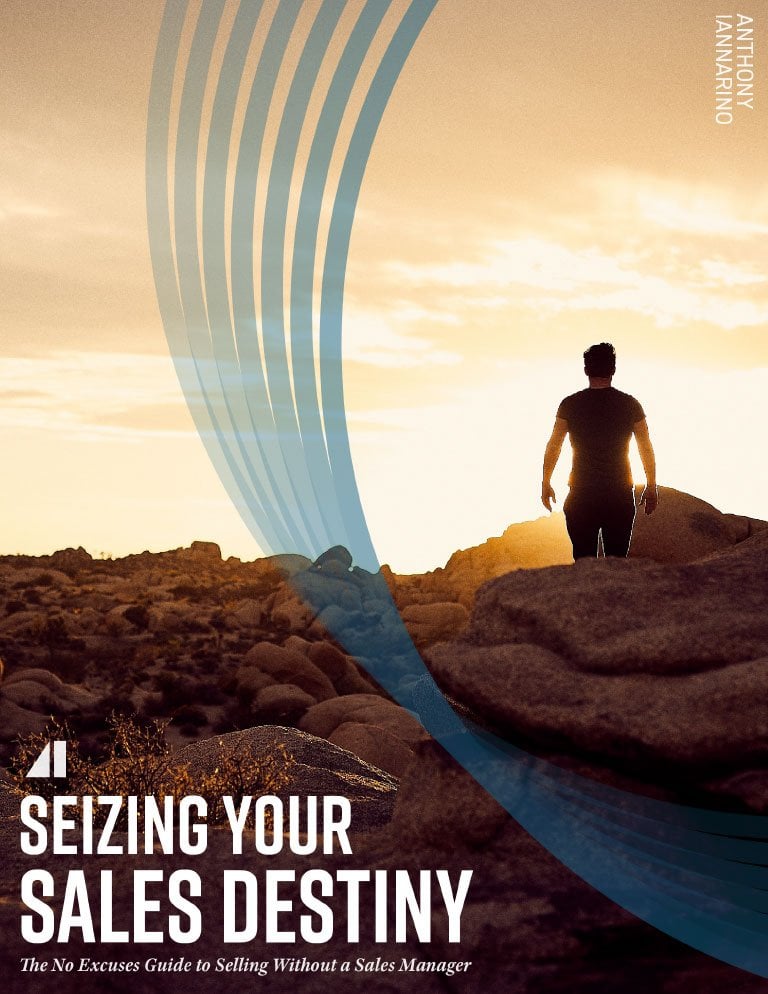It’s easy to love winning a deal, especially if you happen to be naturally competitive. You acquire a new client, your client gets the results they need, and as a bonus, you beat your rival. The same dynamics make it son to hate losing, especially when you lose a hard-fought contest: you lose a big deal, your competitor wins, and the client may or may not get the better outcomes they needed.
Getting better at sales requires learning from both wins and losses, so you can improve your effectiveness in the future. It isn’t easy to recognize how you won a deal, and it’s much more difficult to get any reliable feedback on why your dream client didn’t believe you were their dream partner, leaving your desire to work with them unrequited.
Why You Won
There are a few assumptions you can make when you win a deal. You can assume that your client believes that you are a safer choice to help them improve their results, compared to buying from your competitors or some other alternative. You can also assume that your client doesn’t really know why they chose you, even when they tell you something like “your solution was the right fit for us.” Even when that’s true, it doesn’t provide the whole truth.
Many of our decisions are made at the subconscious level, including business decisions. When your client is more comfortable with you than with your competitor, they may not know why they feel that way. When they trust you over your competitor, they won’t be able to articulate what tipped the scales. It’s like asking someone why they love their spouse: sometimes the reasons go well beyond reason.

It’s difficult to get useful feedback from a client, but if you want to get better, you might start by asking the question, “What did we do during our conversations that you found helpful, and where could we have done more to help you?”
You want to elicit answers that can teach you something useful, something you can apply in future deals. You might also ask, “Was there anything that the other companies you considered did during your conversations that you found especially helpful?” By asking indirectly about potential gaps in your own selling, you make it psychologically easier for your client to provide a useful answer.
How You Lost
I will never believe the nonsense that “all buyers are liars.” It’s too simple, and it assumes bad intentions—those are the exception, not the rule.
When clients withhold information, there are usually a few reasons why. First, they may not trust you enough to tell you the truth. Second, they may not want to share their concerns with you because they are embarrassed, or because they don’t really want you to help resolve them—a sign that suggests that you are not in a good place in the relationship.
When you ask your contact why you lost their business, you are not likely to hear the truth unless you are very specific about what you ask. Most lost prospects will lie because they want to let you down easy and avoid any conflict. So if you ask flat-out “why did I lose this deal,” you’ll typically hear “it was really close” or “your price was a bit higher than your competitors.”
Know for certain that it wasn’t really close, and that your price may have been a factor, but not so much so that it flipped the contest to your competition.
If you want feedback you can use, you must ask questions that will help you find something you can improve. Start the conversation by thanking your lost prospect for their time and the opportunity to compete to be their partner.
Then ask something like, “Can you share with me what we did that didn’t serve you through your process of choosing a partner, and what might have been more helpful to you?” That question gives them the ability to provide more honest feedback than “it was close, but your price was a bit higher.”
As with wins, you can also ask, “Can you share with me anything that you found valuable in your conversations with the other groups you spoke to?” This question may be indirect enough that you can pinpoint what your competitor did that allowed them to win the deal.

Better Get Better Faster
In a time of constant, accelerating, and disruptive change, you need to be agile, and you need to get better at getting better. Here are three things you need to do now to improve your agility and speed up your growth.
First, be honest with yourself. As you review your performance on every sales call, ask yourself how your client believed you did in creating the kind of compelling, differentiated value that would cause them to buy from you instead of someone else.
Second, don’t automatically accept the idea that you won a big deal because you did such a great job— or discount the idea that you won in spite of how poorly you sold. You might have been the best out of a bad bunch. You want to know what you did or didn’t do that allowed you to win, even when you don’t like the answer. I was once told I was the only “reasonable choice,” since all salespeople of my ilk were awful.
Third, when you lose, don’t believe that your client made a bad decision. Instead, believe that it was something you did—or didn’t do—that caused the loss, and ask for direct feedback on what you did that didn’t serve your dream client. You may not have gameday film to review, but you do have your notes, and you can ask your client to share with you what you might do better in the future.

Get the Free eBook!
Learn how to sell without a sales manager. Download my free eBook!
You need to make sales. You need help now. We’ve got you covered. This eBook will help you Seize Your Sales Destiny, with or without a manager.
Download Now







.jpg?width=768&height=994&name=salescall-planner-ebook-v3-1-cover%20(1).jpg)


